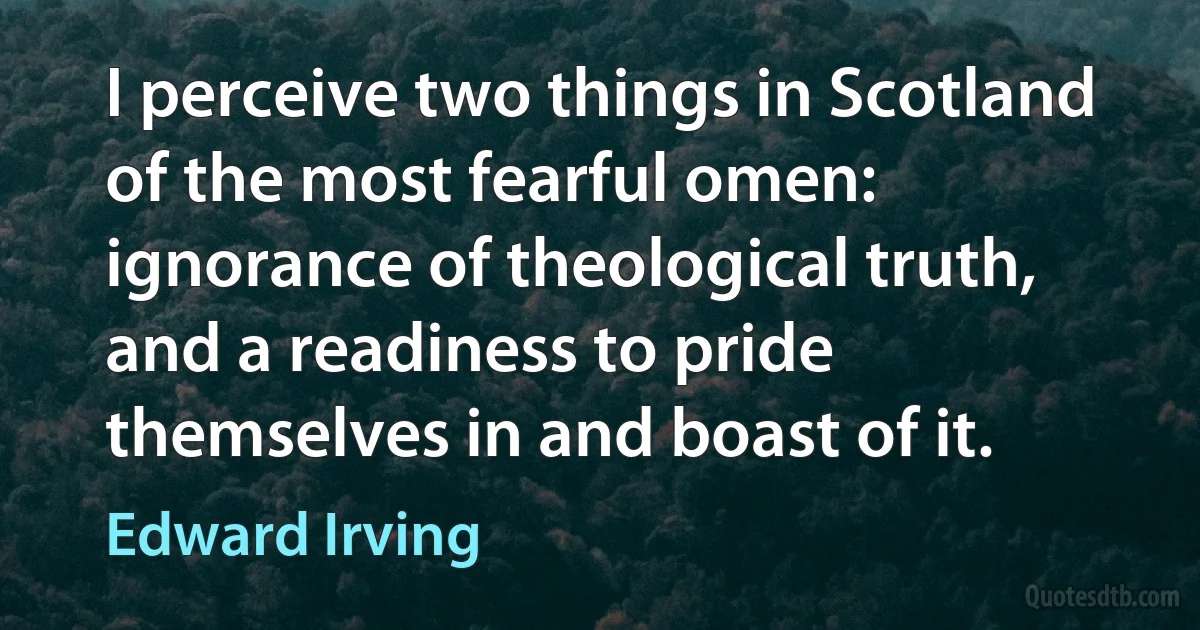Readiness Quotes - page 2
Man's excellence lies in his readiness to let others live and lay down his own life. As he progresses, his food also changes for the better. He has the capacity to grow still further. There have been many more discoveries after Darwin's. The book which you have been reading seems to be an old one. Whether it is old or new, the "Principle of the greatest good of the greatest number," or "survival of the fittest" is false.

Mahatma Gandhi
I myself was not born a little Conservative. I was brought up as a Liberal, and afterwards as a Liberal Unionist. The fact that I am here, accepted by you Conservatives as your Leader, is to my mind a demonstration of the catholicity of the Conservative Party, of that readiness to cover the widest possible field which has made it this great force in the country and has justified the saying of Disraeli that the Conservative Party was nothing if it was not a National Party.

Neville Chamberlain
Were we required to characterise this age of ours by any single epithet, we should be tempted to call it, not an Heroical, Devotional, Philosophical, or Moral Age, but, above all others, the Mechanical Age. It is the Age of Machinery, in every outward and inward sense of that word; the age which, with its whole undivided might, forwards, teaches and practises the great art of adapting means to ends. Nothing is now done directly, or by hand; all is by rule and calculated contrivance. For the simplest operation, some helps and accompaniments, some cunning abbreviating process is in readiness. Our old modes of exertion are all discredited, and thrown aside. On every hand, the living artisan is driven from his workshop, to make room for a speedier, inanimate one. The shuttle drops from the fingers of the weaver, and falls into iron fingers that ply it faster.

Thomas Carlyle
If they are unwilling to give, they should at least lend with all readiness and alacrity, not with the prospect of receiving anything back except the principal. ... In place of the interest which they determine not to accept they receive a further bonus of the fairest and most precious things that human life has to give, mercy neighborliness, charity, magnanimity, a good report and good fame. And what acquisition can rival these? Nay, even the great king will appear as the poorest of men if compared with a single virtue. For his wealth is soulless, buried deep in store-houses and recesses of the earth, but the wealth of virtue lies in the sovereign part of the soul, and the purest part of existence.

Philo
He put his hands on the young woman's shoulders, and looked at her, in readiness for his eager embrace.
They held each other close, staggering. They said the same word at the same time, "At last!" That was all they said, but they said it over and over again in a low voice, chanting it together. Their eyes uttered the same sweet cry. Their breasts communicated it to each other. It seemed to be tying them together and making them merge into one. At last! Their long separation was over. Their love was victor. At last they were together. And I saw her quiver from head to foot. I saw her whole body welcome him while her eyes opened and then closed on him again. They made a great effort to speak to each other. The few shreds of conversation held them back a moment.

Henri Barbusse
As many of you may know, my first chosen career was in the United States Navy, where I served as a submarine officer. At that time, my shipmates and I were ready for combat and prepared to give our lives to defend our nation and its principles. At the same time, we always prayed that our readiness would preserve the peace.
I served under two presidents, Harry Truman and Dwight Eisenhower, men who represented different political parties, both of whom had faced their active military responsibilities with honor.
They knew the horrors of war. And later as commanders in chief, they exercised restraint and judgment, and they had a clear sense of mission.
We had a confidence that our leaders, both military and civilian, would not put our soldiers and sailors in harm's way by initiating wars of choice unless America's vital interests were in danger.
We also were sure that these presidents would not mislead us when issues involved our national security.

Jimmy Carter



